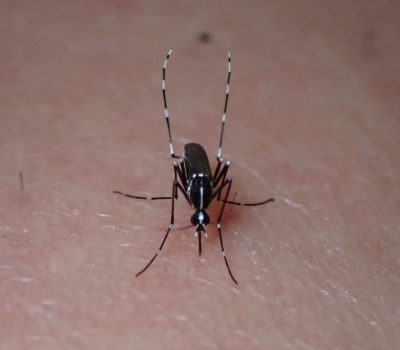Largest study of its kind reveals new insights into Clade Ib of mpox and challenges early fears
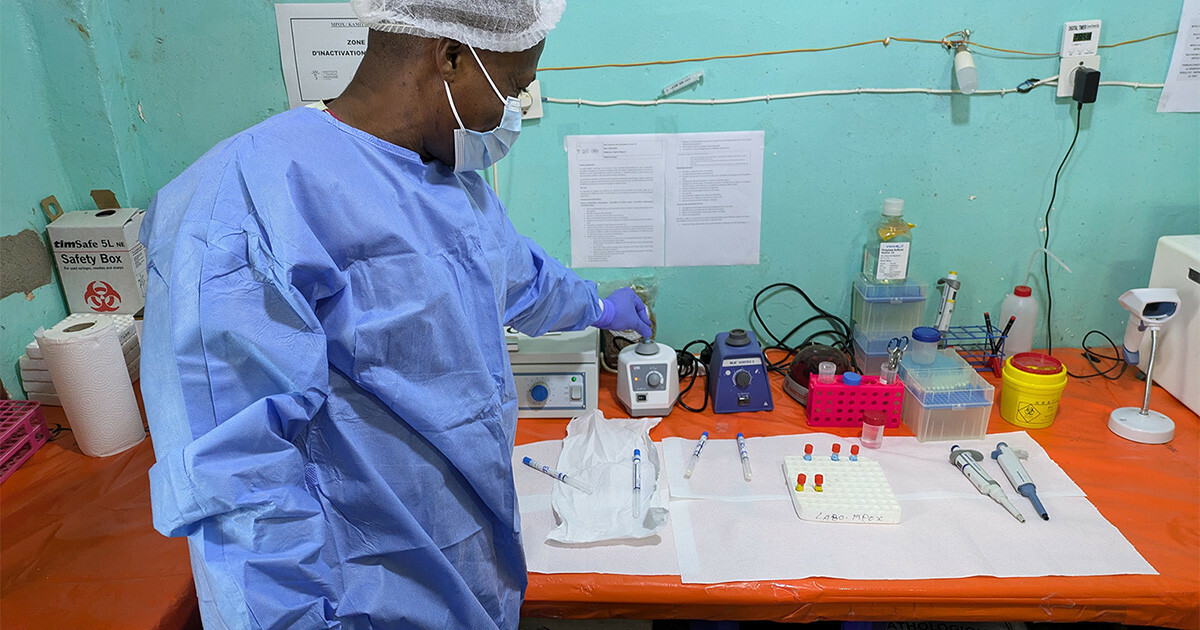
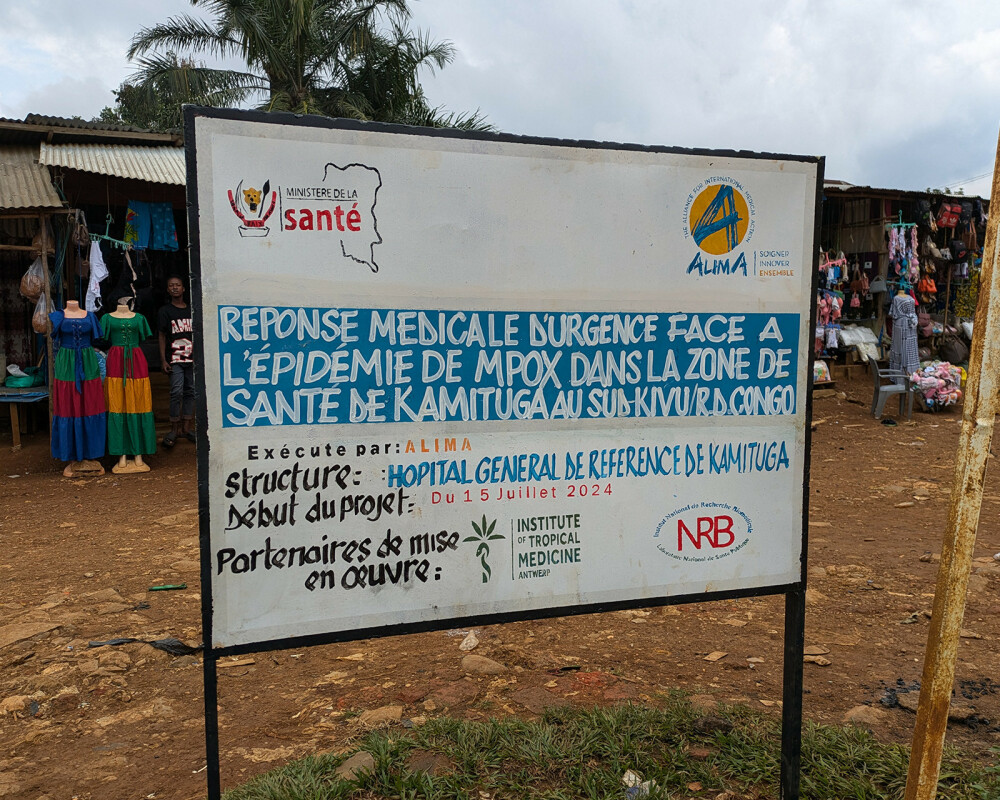
In the largest study of its kinds, researchers have new insights into the new Clade Ib variant of mpox, challenging early fears of it being the ‘deadliest variant’. Conducted in a remote area of Eastern DRC, where the outbreak began, the study followed over 400 individuals infected with Clade Ib. Researchers from the Institut National de Recherche Biomédicale (INRB) and ITM, along with their partners, supported a treatment centre and provided free patient care during their research. The findings offer, for the first time, a detailed comparison of Clade Ib with other strains.
The majority of patients were adults, with most contracting the disease through heterosexual contact. Lesions primarily affected the genital area, and the most common complications were genital and urinary problems. For most patients, the disease was mild to moderate. Mortality was low, and long-term issues, other than scarring, were rare.
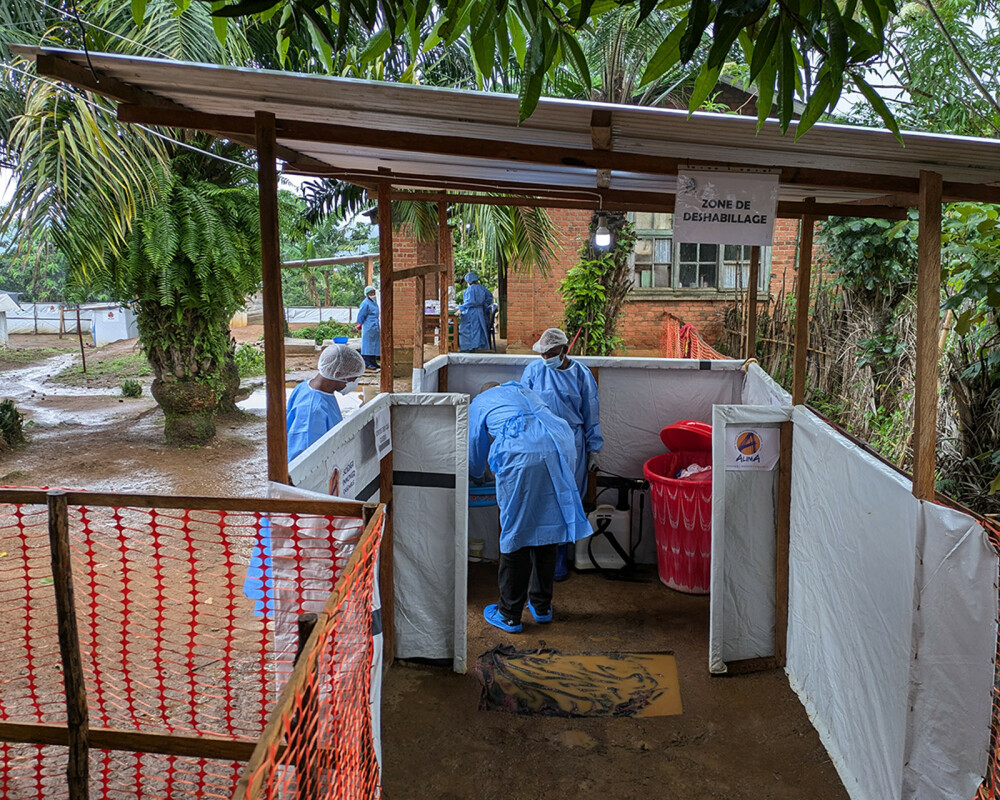
Pregnancy complications
“Of particular concern, are pregnancy complications,” says professor Placide Mbala-Kingebeni, a medical doctor and virologist at INRB. “The tragic loss of four out of six pregnancies among participants in our study underscores the critical importance of protecting vulnerable groups like pregnant woman, from infection.”
Children as a vulnerable group
Around one-fifth of the participants were children. The way the disease spreads among children remains unclear, but the data suggest household transmission is key. Children more often have a rash on different part of the body and face a higher risk of severe disease and death. Two young children of the 431 participants passed away. In some areas the DRC and neighboring Burundi, children now account for the majority of mpox cases.

Implications for the ongoing outbreak
The mpox outbreak in the DRC is not yet under control, with cases continuing to rise. At the same time, these findings challenge the early media reports that describe Clade Ib as ‘deadliest mpox variant ever’.
“While mpox remains a significant concern in the region, it is neither the only challenge nor the deadliest,” stresses professor Laurens Liesenborghs, emerging infectious disease expert at ITM. “The resources mobilised to address the current mpox epidemic should also be used to structurally strengthen health and surveillance systems, enabling them to combat other diseases more effectively.”
Funding
This research was funded by the Belgian Directorate-General Development Cooperation and Humanitarian Aid, and the European Union through the Global Health European & Developing Countries Clinical Trials Partnership (EDCTP3) grant agreement.
Link to study
Brosius, I., Vakaniaki, E. H., Mukari, G., Munganga, P., Tshomba, J. C., De Vos, E., Bangwen, E., Mujula, Y., Tsoumanis, A., Van Dijck, C., Alengo, A., Mutimbwa-Mambo, L., Kumbana, F. M., Munga, J. B., Mambo, D. M., Zangilwa, J. W., Kitwanda, S. B., Houben, S., Hoff, N. A., . . . Mbala-Kingebeni, P. (2025). Epidemiological and clinical features of mpox during the clade Ib outbreak in South Kivu, Democratic Republic of the Congo: a prospective cohort study. The Lancet. https://doi.org/10.1016/s0140-6736(25)00047-9
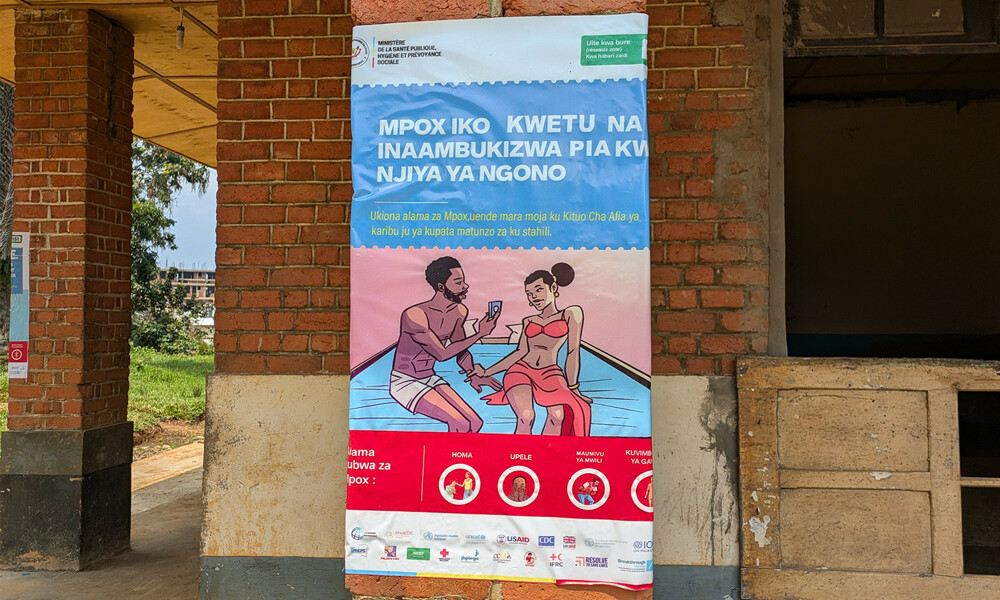
MBOTE-SK
The overall objective of the MBOTE-SK project is to provide the first comprehensive clinical, epidemiological, and genomic research describing the Clade Ib MPXV outbreak and to use it to inform an effective response.
Spread the word! Share this story on









